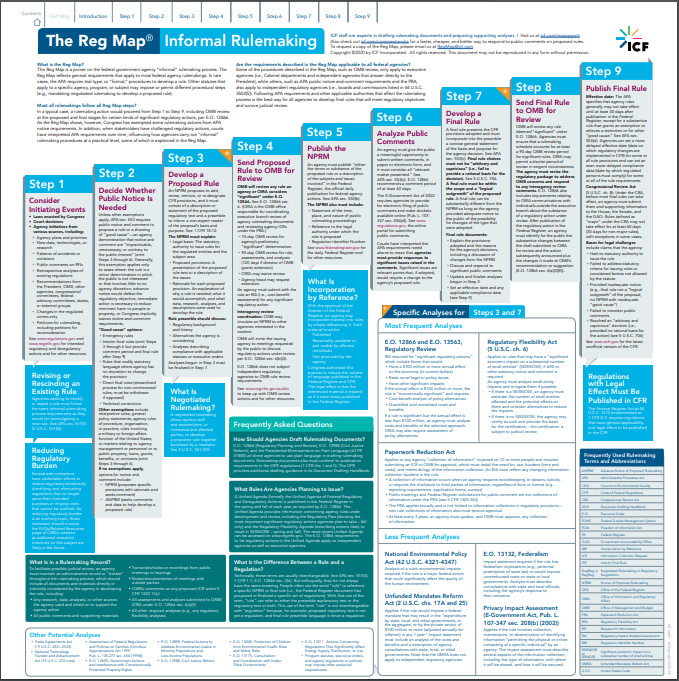
Simple rules can produce complex outcomes. This is easily illustrated in games like chess, where the rules governing the movement of pieces on a fixed playing board arranged in a grid of squares produces over 10111 positions, a number greater than all the observed atoms in the universe.
Despite this, human society persists in rulemaking, and is repeatedly shocked by unexpected outcomes. Everything we do has consequences; it’s the nature of things. Autonomy is a fiction, the product of imaginary thought; even the idea of the existence of individuals is suspect and meaningless from a living systems perspective, no matter how psychologically alluring it may be.
Our rulemaking does not alter the underlying fabric of reality, only the operations of human society. Even at that, humanity persists in defying its own rules, in large part because as a species humanity is subject to nature’s higher laws and biological drives. Natural selection operates systemically on populations only, not individuals. Although genetic variations arise in individuals, some beneficial, such traits cannot be said to be the fittest unless and until they become dominant in the population. From a living systems standpoint, individual evolution is a dead end.
The rules of nature govern, and our attempt to wrest control from nature, although compelling, is ultimately doomed to failure. This is not to say human society has no effect on nature. To the contrary, as climate change attests, how we conduct ourselves has profound effects, but only by changing behavior of the population as a whole can we alter such effects.
Life is always in a state of instability, a reality exacerbated by its tendency towards increasing complexity. Increasing complexity, a notable behavior of both chemical and self-replicating biological systems, renders the effects of humanity’s rule-making unpredictable. Biologically speaking, rule number one is that life requires energy provided by external sources. Plants depend upon the energy of sunlight; animal energy depends upon the consumption of organic matter. Humanity has responded to this natural rule by creating its own rules about energy, namely identifying acceptable energy sources and dictating their use according to cultural standards, chemical and physical properties. So it is that eating people is taboo but eating the flesh of dead cows, chickens, or fish is acceptable; by extension, burning wood for warmth in a fireplace is now subject to clean air rules and using atomic energy to power electrical plants is highly regulated.
Just as life is increasingly complex, so too are humanity’s rules. With each set of new rules, new conditions and effects are created, and adjusting to these in turn require additional new rules. In this way human society mirrors the complexity of self-replicating life; humanity’s changing social rules are analogous to biological adjustments to the unstable dynamic of life itself. What remains to be determined, however, is whether or not such rule changes are the fittest, from a survival standpoint.
Our mirroring of the natural world takes place in very short timescales, whereas life in the natural world evolved over billions of years. Humanity is always in a big hurry, frantically making up new rules in a vain effort to stay ahead of nature. Our perspective is generally individual-based, not species-based, so the rules we create often run counter to natural systems. In this way, humanity exists physically within and metaphysically outside of nature, but the history of life on this planet teaches that nature always wins.